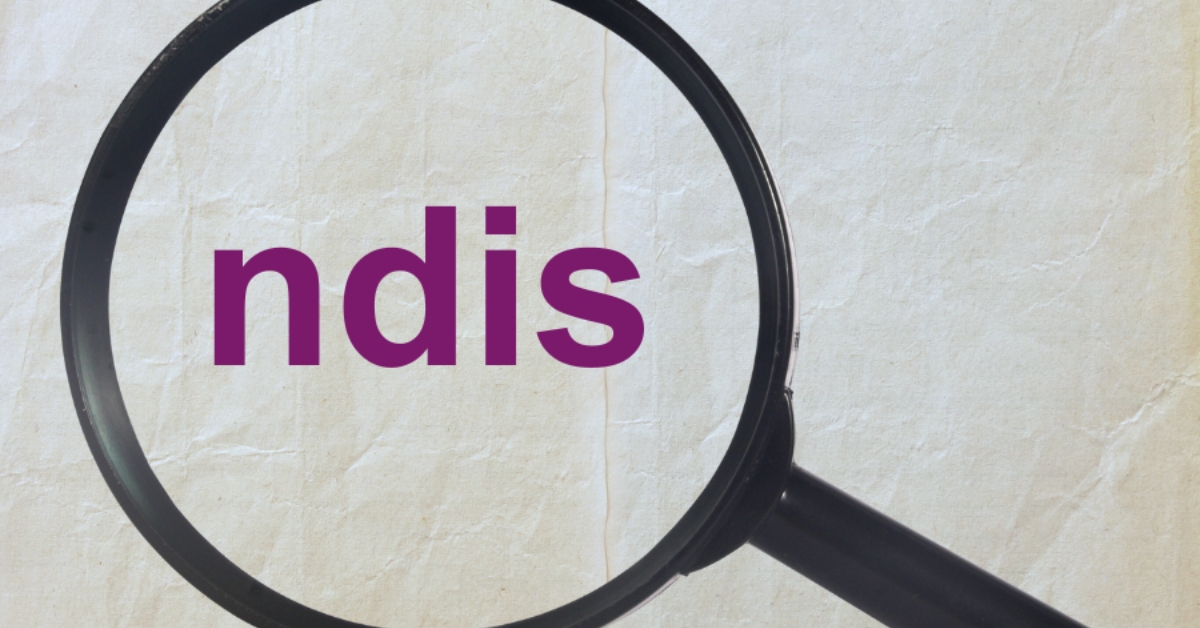By CYDA Youth Council member Xander Wroblewski.
⚠️ Content note: Mention of self-harm.
I write today as a full-time year 11 student with a disability who is a recipient of the NDIS.
The media has recently pitted disabled and non-disabled citizens against each other, at a time when every household is feeling the pinch of economic challenges.
They speak about the NDIS being “welfare”, depicting disabled people and the NDIS as an economic drain, instead of reflecting on the benefits we, and the NDIS, provide to society as a whole.
Any Australian may, at any time in their life, require support from the NDIS, and it is important to remember that, although the NDIS is a huge investment, it is also a valuable one. It not only provides people with disability with support, it has a positive economic impact too.
For every $1 spent on supporting a person with disability, $2.25 is returned to our economy. This information came out years ago, yet appears to have been buried amongst the headlines reported to elicit clicks on social media.
The NDIS supports participants to undertake daily tasks that most people take for granted. It allows us to study, work and give back to the community.
Australians need to stop and ask themselves if they, or a family member, were born with, or acquired, a disability, would they like to be supported to live their life? Or would they be happy to struggle, become isolated, forgotten and without capacity to live a life with aspirations?
As a recipient of the NDIS, I have been able to sustain my function and focus on my studies. I plan to attend university and become a social worker to advocate for others in both the disability and LGBTQI+ space.
I am extremely grateful for the support I receive via the NDIS. However, the scheme can also be confronting and stressful.
Non-disabled people, I ask you to Imagine having to talk to strangers about all the things you can’t do and pull apart every detail of your life, stripped bare for all to read and discuss. The scheme requires us to have these difficult, sometimes traumatic, conversations frequently, just to have the opportunity to live our lives!
The NDIS was always going to be a difficult scheme to administer. It was set up based on the principle of individual need, designed to do away with the old mindset that all disabled people have the same needs, or that we are to receive only basic consideration viewed through the lens of those without disability.
This individual focus makes it more difficult for the bean counters to monitor and predict costs. They have a responsibility to provide participants with choice and control. However, they also need to ensure accountability. There needs to be a balance, which to date, has not been achieved.
The answers to finding this balance can only be found by consulting with people with disabilities and families prior to finalising decisions.
All Australians deserve to be fully and accurately informed by the media about the scheme. Yes, it is costly. Yes, there are problems which need review. However, the media needs to report more on the benefits of the scheme and the flow on reduction in costs in other areas such as health.
If not for the NDIS, significantly more young people would turn to the government for financial support in the way of the Disability Support Pension. Instead, at age 16, the NDIS supports me to work on barriers to accessing further study and employment. They have empowered me to continue to contribute to society.
Australians do not winge about the costs of Medicare as it is our health safety net. So why complain about a safety net for disability?
I am a hard-working student with a passion to give back to society, but without the NDIS, I run an extreme risk of social isolation, poverty, and self-harm. The costs of the later, would be significantly more challenging and costly.

About the author:
Xander Wroblewski is a 16-year-old school student from Brisbane.







